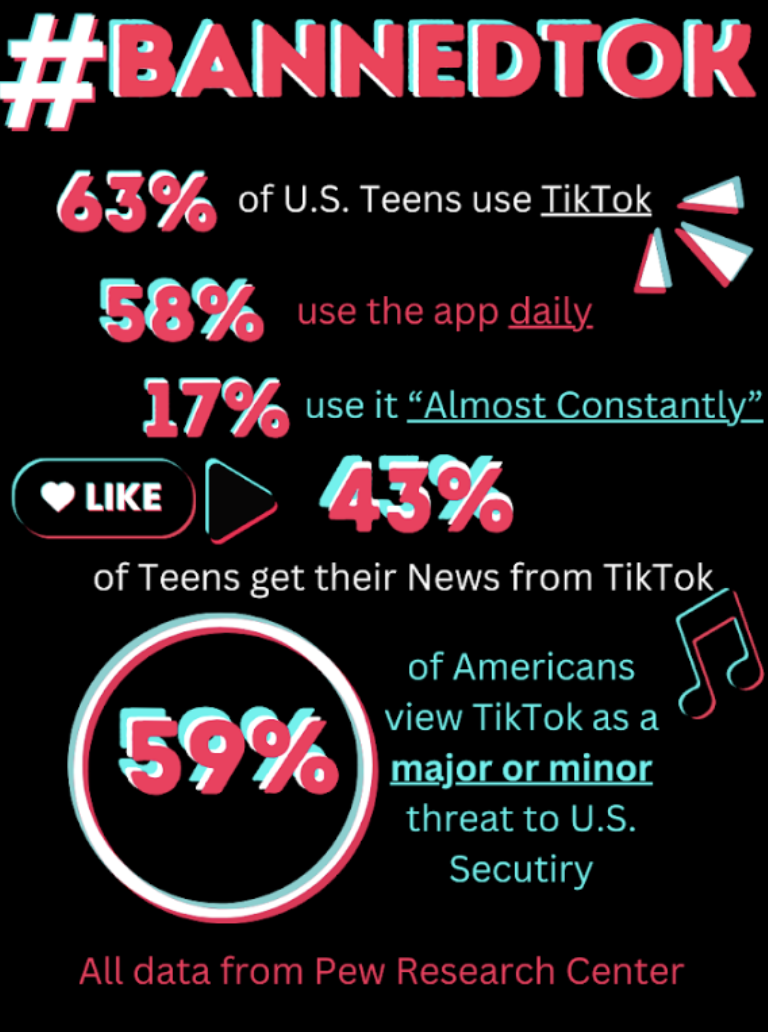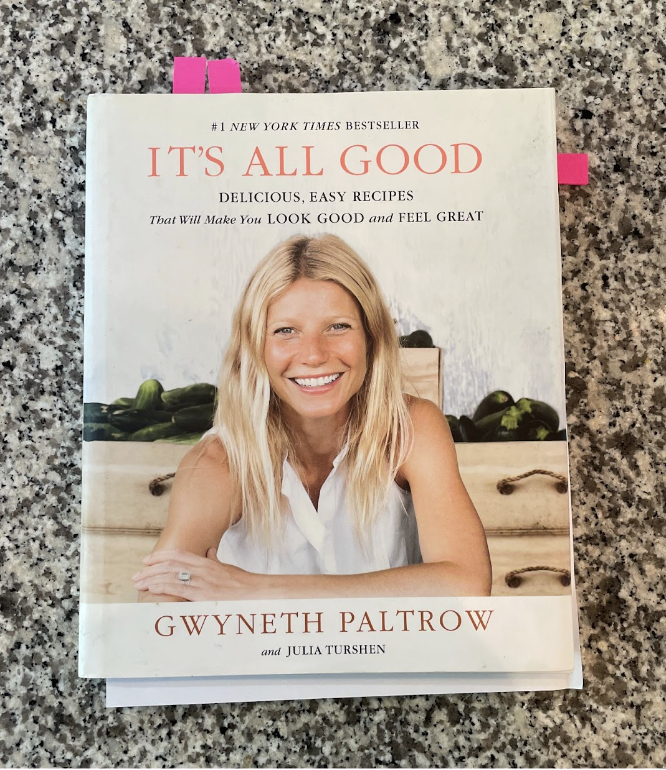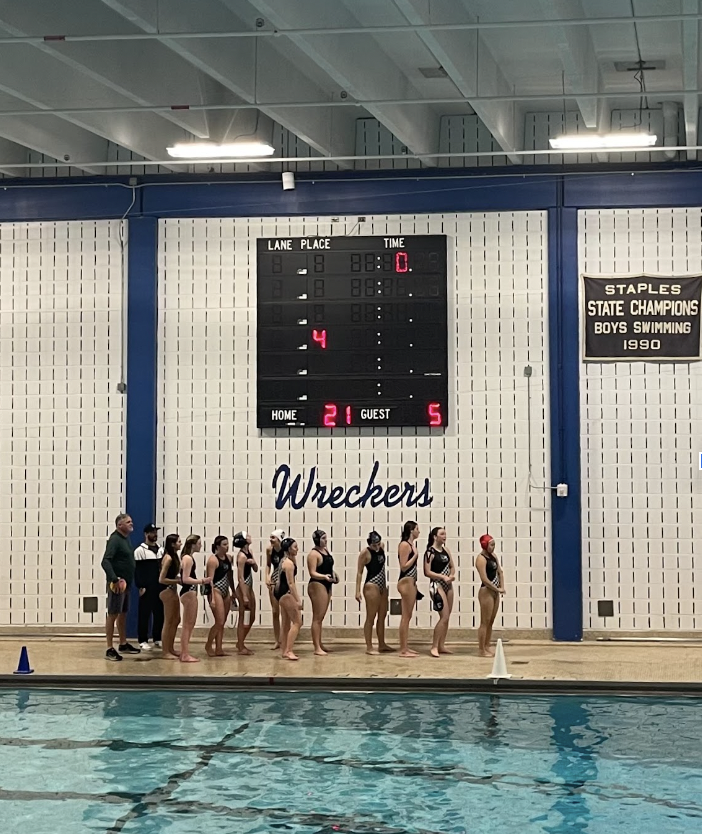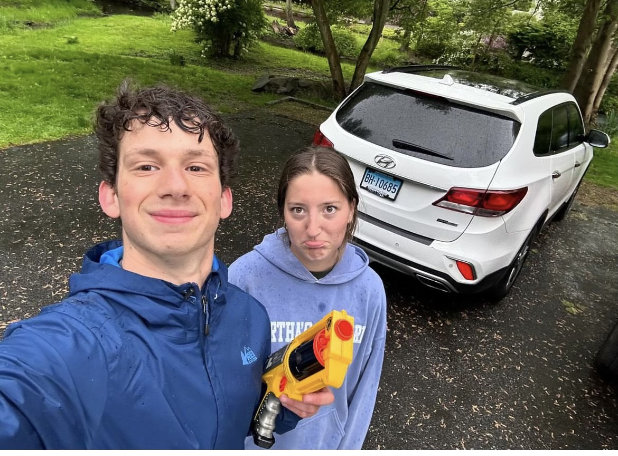
Science teachers Michele Morse and Joel Kabak are allotted approximately 150 days to teach 1,247 pages of A.P. Biology. Social studies teachers Eric Mongirdas and Daniel Heaphy must cover 42 chapters of A.P. United States History in the same amount of time.
Like all other Advanced Placement courses, these classes are essential in preparing for the A.P. exam in May. But in the cases of these two courses, College Board has finally recognized the need to revamp the corresponding curricula, effective at the start of the 2012-13 school year.
“I think the A.P. U.S. course has been struggling. Covering 400 years of history is almost impossible,” Eric Mongirdas, A.P. United States History teacher, said.
Similarly, the A.P. Biology class speeds through each lesson in order to cover the information.
“We do PowerPoint slides up until when the bell rings, and we do them every day, except for our lab day. I would say the information isn’t theory driven, it’s more how much can we know by the A.P. exam,” Caela McCann ’11, a current A.P. Biology student, said.
Many students, including Dan Navarro ’11 who took A.P. Biology his sophomore year, find that teaching for a test is not effective.
“I think that you shouldn’t have to teach for a test; you should teach the actual material that’s relevant,” Navarro said.
Like Navarro, the College Board has come to this realization.
According to The New York Times article, “Rethinking Advanced Placement” by Christopher Drew, the College Board’s plan is to minimize the amount of material that students will need to learn and shift to more of a focus on critical thinking. In effect, this will allow students to focus on larger concepts and ideas to help formulate more analytic thinking. This will be considered as the “New A.P.”
“We really believe that the ‘New A.P.’ needs to be anchored in a curriculum that focuses on what students need to be able to do with their knowledge,” Trevor Packer, the College Board’s vice president for Advanced Placement, according to the New York Times.
The College Board theorizes that the new approach will be more beneficial to students because critical thinking skills are imperative to succeeding in higher-level college courses and jobs in today’s economy.
“The new A.P. Biology course will no longer be a mad dash to the last chapter of the book, and more of an examination of key themes and topics in biology with an emphasis on deep understanding of these concepts,” AJ Scheetz, 6-12 Science Coordinator said.
Morse added that the new curriculum will encompass an “increase in conceptual understanding” and a decrease in “the breadth of factual information that students need to know.”
According to the article, part or all of at least 20 chapters will be cut out of the current 55–chapter curriculum.
The new A.P. course will transfer this time into more labs and experiments.
“There will be more inquiry labs, with students designing their experiments,” Morse said.
It is also inevitable that the exam will change with this redesign.
According to the New York Times article, College Board plans to cut multiple-choice questions by nearly half. Rather, five math-calculated based questions and more free-response questions will be added.
Similarly, the A.P United States History course will divide nine time periods into seven overarching themes. This will allow teachers to help students “craft historical arguments” (The New York Times). The course will be similar to Staples’ U.S. Honors course and will be thematically based.
Alhough the curriculum for the A.P. United States History course will also be adjusted, Mongirdas said that this transition should be easy.
“We already apply critical thinking and our course is interactive. For example, we do Socratic seminars and simulations,” Mogirdas said.
Although both “New A.P.” courses will not be available at Staples for another school year, many students already approve of the alterations.
“It is challenging to complete all the work efficiently in A.P. Biology because it’s hard to read every single chapter since we do about two or three per week. The new curriculum is better because it seems like a more manageable class,” Lauren Kratky ’11, a current A.P. Biology student, said.
McCann agrees with Kratky and thinks that the change will be more beneficial to A.P. Biology teachers. “[The revamping will] alter the A.P. teaching style so that it’s not a PowerPoint every day, but more teacher-lecture style. [Teachers] will also be allowed to focus on topics more specifically.”
Some students, however, disagree and believe that the current curriculum is better.
“I don’t think [the change in the curricula] will be as beneficial to the student. I think the [current curricula] is excellent and encompasses everything you need to know,” Callie Fernandez ’11, who has experience with both A.P. classes subject to change, said.
Even though Fernandez approves of the current advanced placement teaching styles, the National Research Council found that it is ineffective.
In 2002, the Council found that A.P. science courses crams in too much information, which, in turn, does not allow for students to design their own lab experiments.
Therefore, the new A.P. Biology course will change to accommodate this issue.
This style of cramming is applicable to many advanced placement courses, especially in the history and science departments.
Within the next several years, all of the A.P. courses created by the College Board will be altered to have a curriculum that most effectively benefits the student with an efficient style of teaching.













































